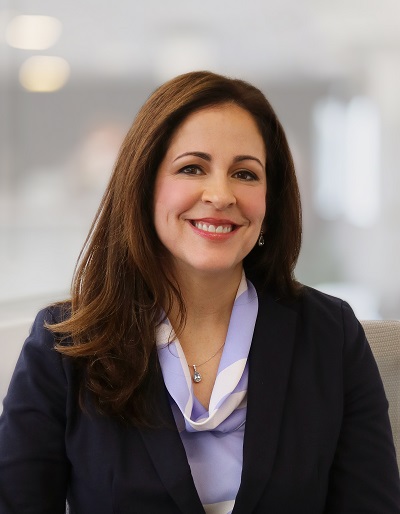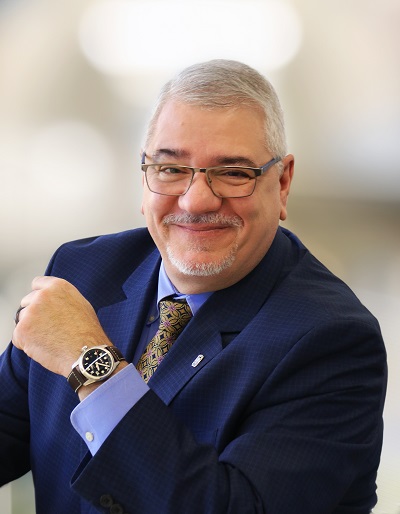Pretrial Drug Intervention And Community Service Program
Pretrial Drug Intervention And Community Service Program FAQs
If you have been charged with criminal drug possession, you may be eligible for the Connecticut statutory privilege known as the Pretrial Drug Intervention and Community Service Program, (DISC). The Pretrial Drug Intervention and Community Service Program allows someone who is charged with Connecticut criminal drug possession to participate in substance abuse classes or treatment and perform community service instead of having their case prosecuted and potentially suffering a conviction.
Once you apply for Pretrial Drug Intervention and Community Service Program, your file will be sealed from public record, which means that no paper file will be available for review by third parties in the court clerk’s office and any Connecticut Judicial Branch electronic link to your matter will be inactive.
Of course, it is very important to understand that Pretrial Drug Intervention and Community Service Program is a privilege. It is not granted to every applicant. However, when a Pretrial Drug Intervention and Community Service Program application is prepared, managed, and presented in the best possible way, it is a genuine opportunity to avoid the severe handicap of a criminal record. It also allows an applicant to receive what may be much-needed help and a chance to move their life in a new, healthy and positive direction. You can click here to apply.
Below, we’ve answered some common questions you may have about the program.
What Do I Agree To When Applying, And How Do I Successfully Complete The Pretrial Drug Intervention And Community Service Program?
When applying, you agree to the following:
- To take part in the 12-session drug education component or the substance use treatment component of at least 15 sessions and the community service component of 5, 15, or 30, days, depending on whether this is your 1st, 2nd, or 3rd time applying for this program;
- To pay a program fee of $400, if the Court Support Services Division (CSSD) directs you to attend the drug education component or a program fee of $100 plus the cost of services, if CSSD directs you to attend the substance use treatment component, unless the court waives the fees and costs;
- To begin the components of the program that CSSD directs you to attend within 90 days after CSSD tells you to, unless you ask for, and CSSD allows a later start date;
- To successfully complete all of the components of the program the court orders you to attend;
- To not take part in any conduct that would constitute a violation of certain drug offenses described within General Statutes §§ 21a-257, 21a-267, 21a-279 or 21a-279a;
- To take part in additional substance use treatment after you complete the original program components if a program provider recommends it and CSSD agrees that it is appropriate.
Be aware that the statute of limitations for your alleged offenses will be extended and your right to a speedy trial will be waived, and if you do not successfully complete the program, you will be subject to prosecution on your original charges.
How Many Sessions/days Is The Pretrial Drug Intervention And Community Service Program?
Depending on the court evaluation and determination, if it is your first time, you must go to 15 sessions of a drug education program or at least 15 sessions of a substance abuse treatment program and 5 days of community service. If it is your second time, you will be required to go to 15 sessions of a drug education program or at least 15 sessions of a substance abuse treatment program and 15 days of community service. If allowed a third time, you must participate in a substance abuse treatment program and 30 days of community service.
What Happens After I’ve Successfully Completed The Pretrial Drug Intervention And Community Service Program?
From the date you receive the privilege of the Pretrial Drug Intervention and Community Service Program, your next court date will be one year later. The court will dismiss the charges against you on your final court date. Completing the program, including your community service, does not automatically result in immediate dismissal. The statute requires that you wait for your final court date.
What If I Need More Time To Complete The Pretrial Drug Intervention And Community Service Program?
Your attorney or law firm will have to file a motion and show good cause to be reinstated. The court may extend your program for a reasonable period to allow you to complete the program.
What Are My Reinstatement Options For The Pretrial Drug Intervention And Community Service Program?
It is possible to be reinstated to the Pretrial Drug Intervention and Community Service Program twice. The Court Support Services Division (CSSD) verifies eligibility if you request reinstatement. If the court approves reinstatement, you must pay a non-refundable fee of $250.
What Happens If I Fail To Comply Or I’m Not Reinstated Into The Pretrial Drug Intervention And Community Service Program?
The court must unseal the file. The prosecution of your case will be restarted.
How Do I Increase My Chances Of Receiving Pretrial Drug Intervention And Community Service Program?
Preparation and being proactive is essential. Obtain an evaluation by a credentialed substance abuse counselor and engage in treatment before a court requires you to do so. Obtain proof of education or employment or both.
There are fine points and approaches to maximizing your chances of receiving this privilege that an experienced criminal defense lawyer will know. The strategy behind and management of Connecticut criminal drug cases can be complex. The right law firm will place you in the strongest possible position to receive the DICP privilege.
Discuss Your Options With Us Today
Our attorneys at The Maddox Law Firm can answer your questions and explain your options when charged with a DWI offense. To schedule your initial consultation, call us at (203) 822-6610 or submit an online contact form.
Hablamos español. Nous parlons français.












